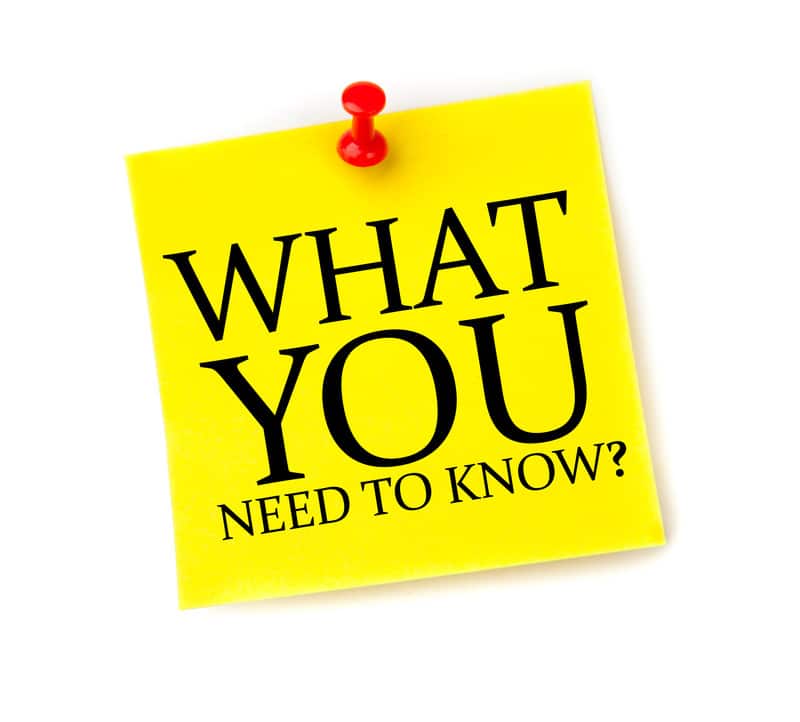The mortgage industry has created a language of its own. Clarifying mortgage terms is the beginning process to finding a right mortgage for you.
Mortgage Closing Costs explained.
Mortgage closing costs, are the fees you pay when you secure a loan, either when buying a property or refinancing. You can expect to pay between 2% and 5% of your property’s purchase price in closing costs. This can be even higher if you have to include mortgage insurance (when you’re down payment is less than 20% of the purchase price).
When you’ve spent months or even years saving for a down payment, searching for a property, negotiating a purchase price, going through due diligence and securing financing, paying closing costs can be an unwanted surprise – and it can make it that much harder to afford your new property.
What are Closing Costs?
Closing costs are the expenses that you pay when you close on the purchase of a home or other property. These costs include application fees, attorney’s fees and land transfer fees or property taxes, if applicable. With real estate sales commissions and taxes included, total real estate closing costs can approach 15% of a property’s purchase price.
While these costs can be substantial, the seller pays a number of these fees, such as the real estate commission, which can account for about 6% of the purchase price. Some closing costs however, are the responsibility of the buyer.
What is included in Closing costs?
Closing costs can vary from transaction to transaction. It can include the following:
Appraisal Fees: When buyers get a mortgage on a property, their lender wants to know the property is worth more than they’re lending against it. These appraisals may be paid for separately, or added to the loan balance.
Inspection Fees: Inspections are done to check the state of a property before the lender issues a loan. Similar to an appraisal, lenders want to make sure the property they’re lending against, is in good condition and not affected by things such as termites or water damage.
Mortgage Insurance Premium: If your down payment is less than 20%, your lender will require you to buy mortgage insurance, which can involve upfront premium payments based on the Loan To Value (LTV) ratio of your mortgage. The higher the LTV, the higher the monthly premiums, but this can be included in your monthly mortgage payments.
Pro-rated Real Estate Taxes: When someone sells a property, they’re usually required to pay the real estate taxes for the portion of the year for which they’ve held the property. This is because the buyer will pay the real estate taxes for the full year when they get their property tax bill, at the next billing cycle. The seller simply crediting back the real estate taxes due for the portion of the year they owned the property.
Real Estate Commissions: Real estate commissions are usually paid by sellers when properties are listed for sale.
Land Transfer Tax: Land transfer tax is owed when ownership of real estate property transfers from a seller to a buyer.
Land Survey Fees: If a survey hasn’t been done in a while, or is unclear from previous deeds, a property may need a new survey, before preparing the new deed. Surveyors outline the dimensions of a property, to create a map that outlines legal boundaries and land features. Surveys also are necessary if someone is buying part of a parcel or buying multiple parcels, that may be combined as part of a sale.
Title Fees: This is a fee that an attorney or title company charges for checking the Title for a property. As part of this process, the attorney checks to make sure that the seller can actually convey a clean title and there are no liens or other encumbrances. They also prepare a new deed as part of the sale.
Title Insurance: Title insurance protects a buyer in case there are problems with the title from before purchase, or if problems arise later, if for example, someone files a fraudulent deed trying to take possession of a property.(a common form of fraud)
The Bottom Line
The closing costs owed when someone purchases a property, can be substantial. Specific closing costs vary depending on the type of property you’re buying, whether you’re using financing and even on your specific purchase agreement. While some of these items are paid by sellers, buyers should expect to pay between 2%-5% of their purchase price upfront as closing costs in addition to their down payment.
Original article: www.forbes.com


